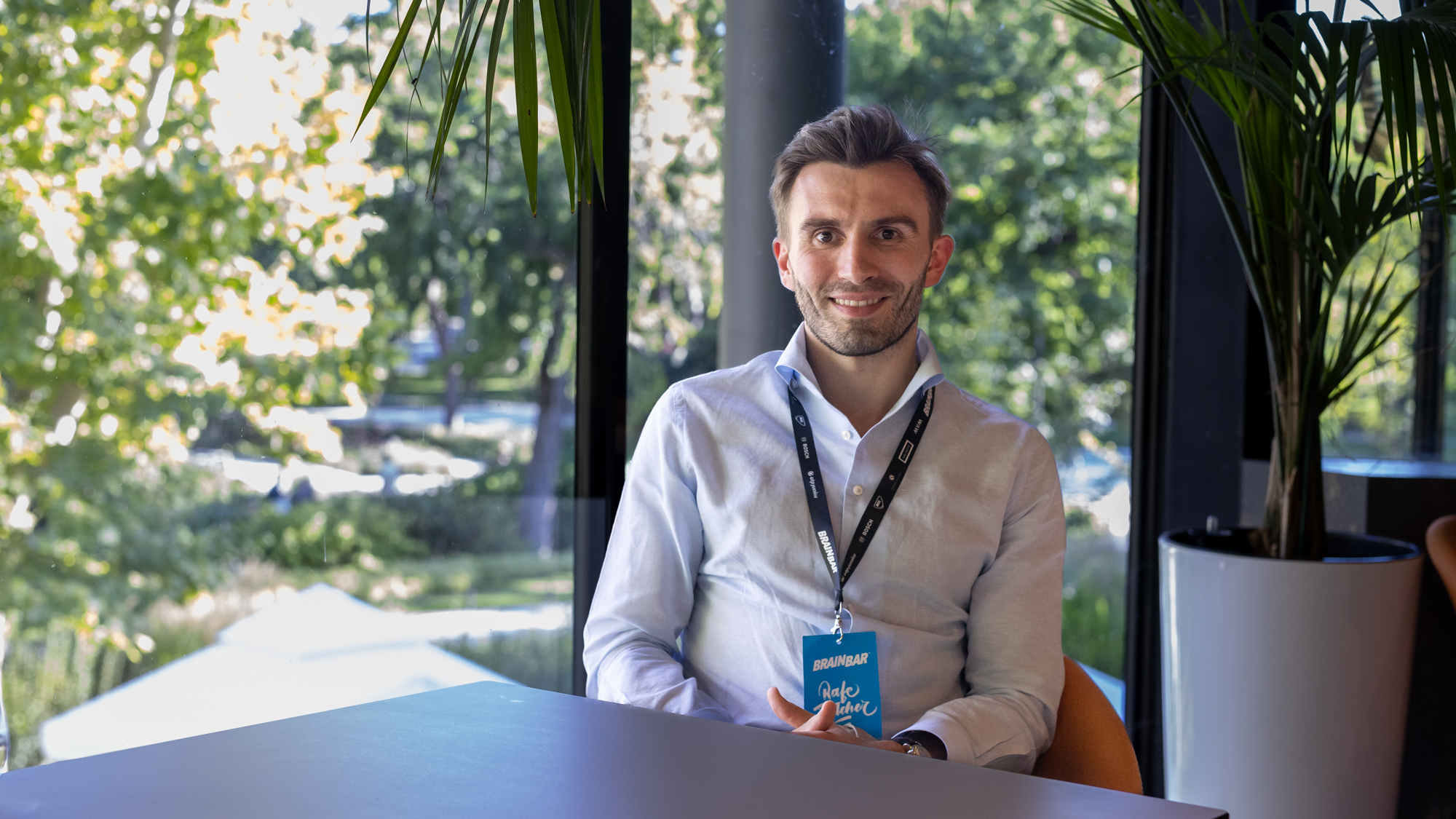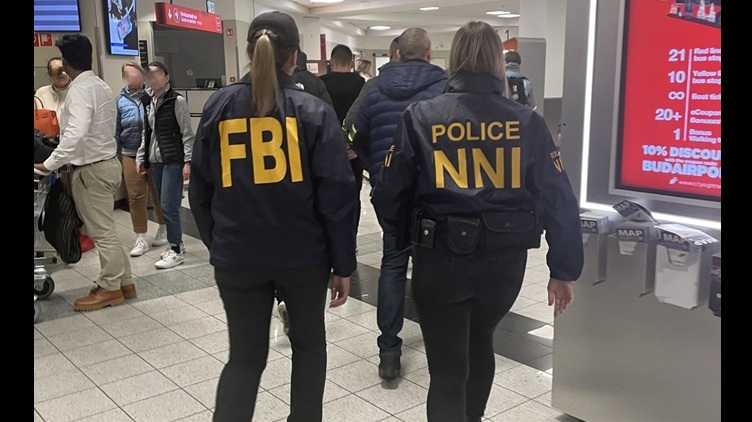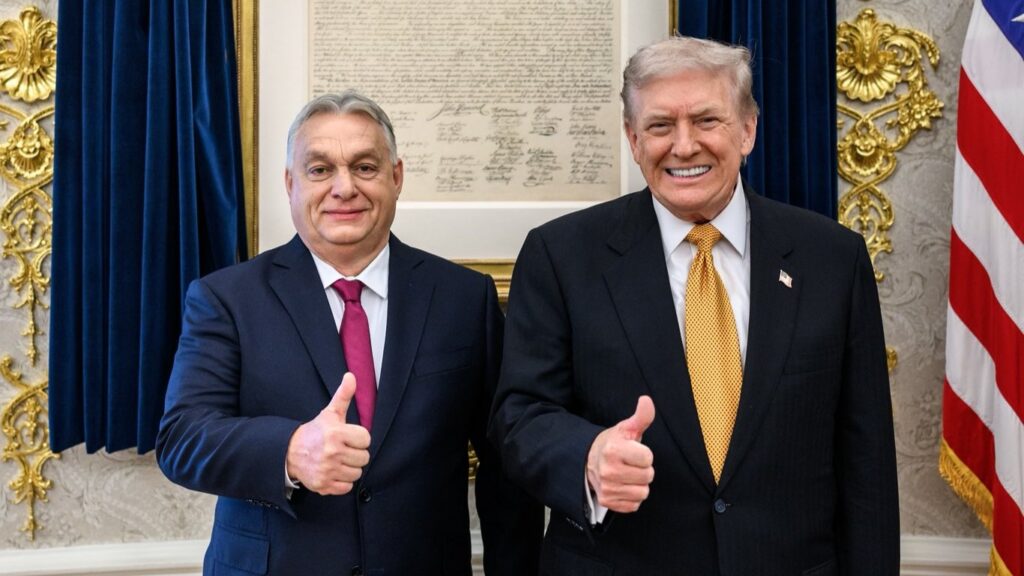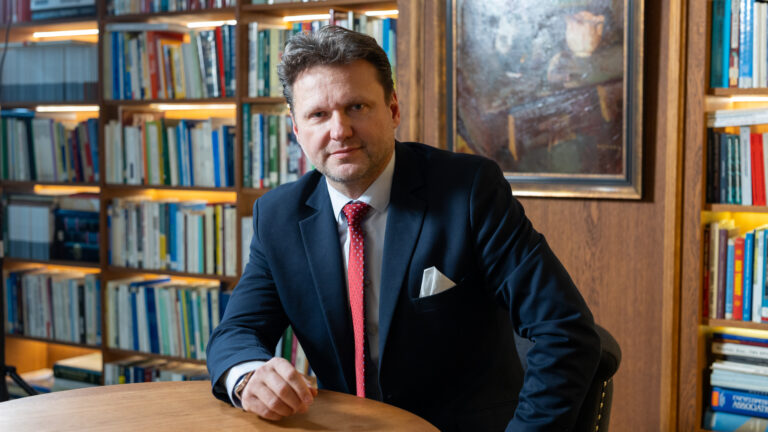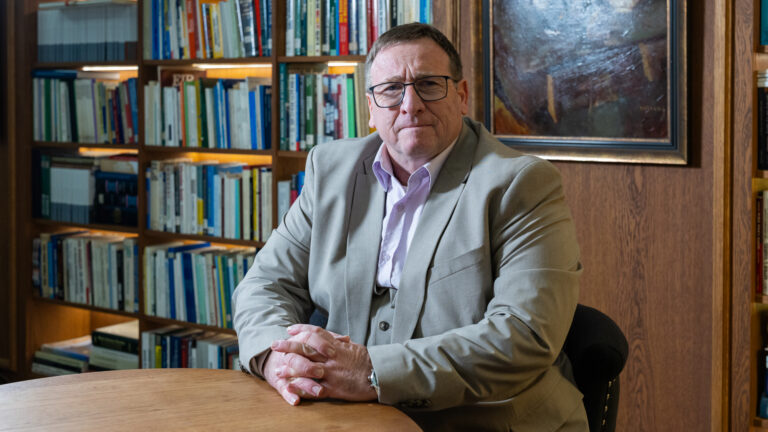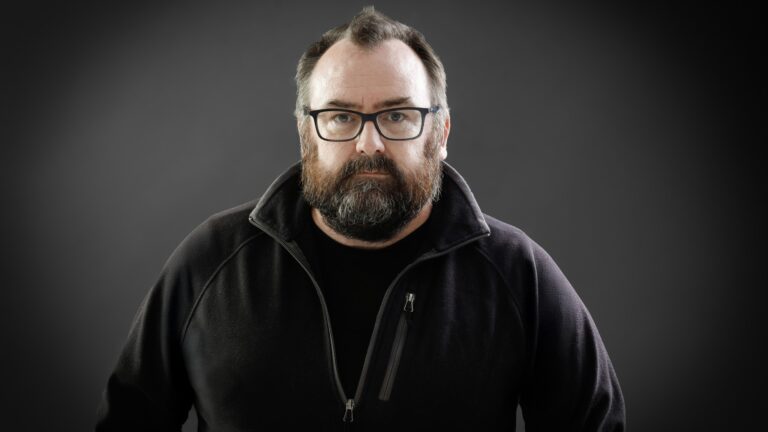Rafe Thomas Harvey Fletcher is a British writer, adviser, entrepreneur, and founder of Coulthwaite Group, a marketing, communications, and business intelligence network with bases in London and Singapore. Born and raised in London, he studied Theology at Cambridge before launching his career in sports journalism with the London Evening Standard. Since relocating to Asia in 2019—first Hong Kong, then Singapore—Rafe has steered Coulthwaite Group to offer strategic insight, branding, events, and thought leadership. He writes regularly for Conservative Home, advising on international affairs, youth engagement, culture, and governance; and publishes The Otium Den, a newsletter exploring slower, reflective perspectives in politics and society.
***
You started as a sports journalist. How did that lead to your current career in marketing and communications, and what brought you to Singapore?
My career path has been a bit unusual. I studied theology at the University of Cambridge, which I loved, but wasn’t the most obvious stepping stone. I enjoyed current affairs, sports, and writing. That led me to sports journalism, though it didn’t turn out to be a long-term passion. I then worked for several firms in London in finance, marketing and communications before moving to Hong Kong in 2019 to open an office. That year coincided with the Hong Kong protests, followed by COVID-19 and strict policies in China. It wasn’t the easiest start to entrepreneurship!
In 2022, my wife and I moved to Singapore. We wanted to stay in Asia, and Singapore offered a calmer political climate. I founded my company, Coulthwaite Group, focused on marketing, communications and event production. I also started writing for Conservative Home, intrigued by Singapore’s policies and drawing on some of my earlier experience with UK think tanks, including Policy Exchange and the Henry Jackson Society.
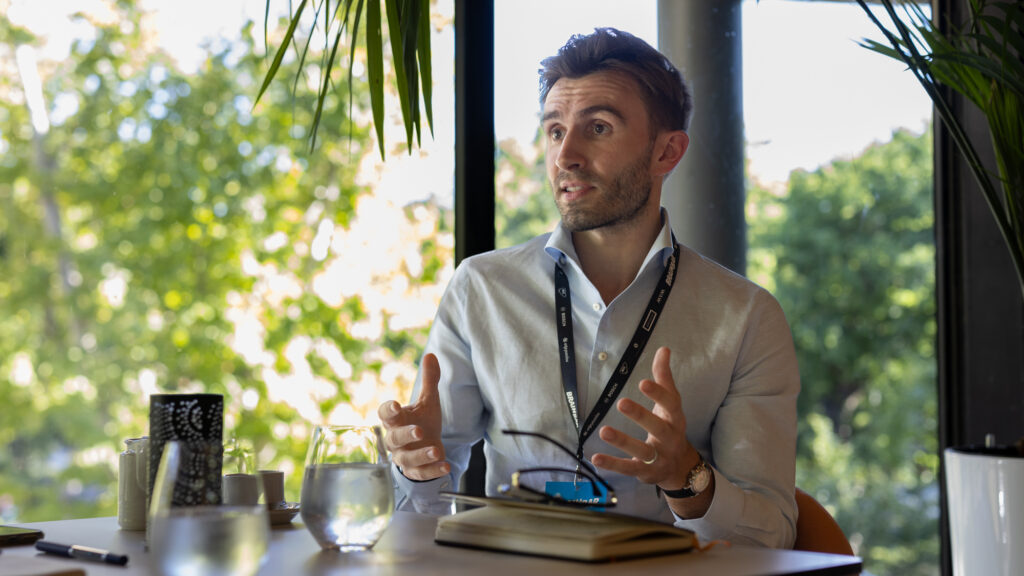
How does working in marketing and communications in Singapore differ from the UK?
The pace in Singapore is far more frenetic. People prioritize quick responses, and WhatsApp is ubiquitous for work communication. In the UK, it’s more of a nine-to-five culture, with boundaries you generally respect.
In Singapore, political sensitivities are also important. We often host events featuring high-profile political figures from around the world. But the appetite for confrontational, ‘battle of ideas’ events is less than in Europe.
Singapore is often described as a country that constantly reinvents itself. What can the world learn from that mindset?
Singapore isn’t attached to the same left-right dichotomy we see in the UK. Before moving, I thought of it as a capitalist utopia: low taxes, low regulation, but it’s more nuanced. The government plays a significant role in housing, pensions, and social policy. For example, 90 per cent of Singaporeans live in flats they own through the Housing Development Board, creating a strong sense of ownership.
The pension system is also unique: contributions fund individual retirement accounts rather than a pay-as-you-go scheme like in the UK. These policies combine paternalistic governance with capitalist incentives, encouraging both responsibility and independence.
How has living in Singapore changed your perspective on Western governance?
It’s hard to live in Singapore and not notice the difference. Singapore demonstrates remarkable competency in executing strategies, compared to the consensus-driven politics of the UK. Small details matter, like enforcing minor infractions, which creates a culture of public safety and accountability. This approach, alongside strong leadership, contributes to overall societal stability.
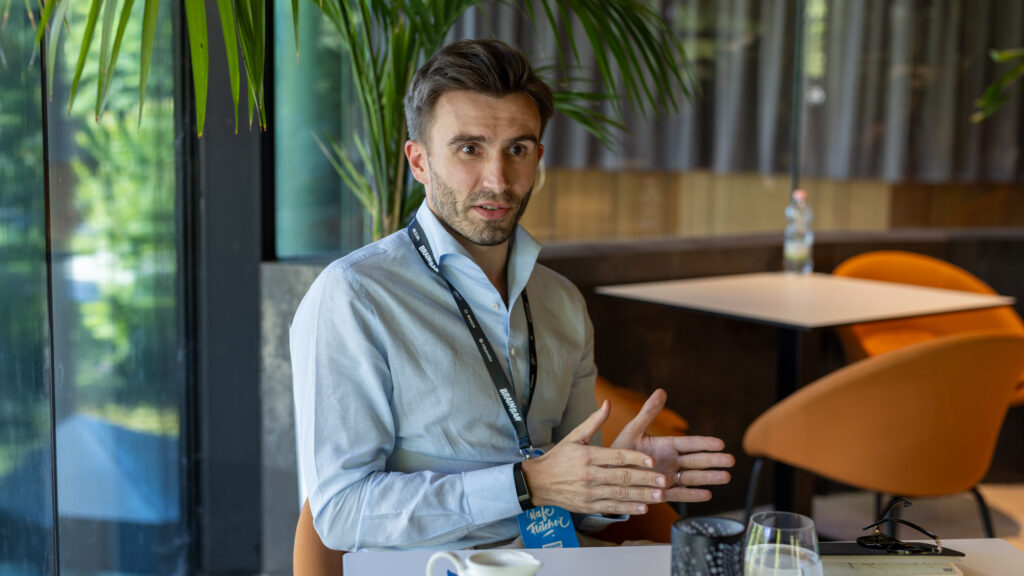
Could Singapore’s model be replicated elsewhere?
It’s difficult. Singapore is historically anomalous, a city-state with advantageous geography and strong, visionary leadership. Wholesale replication is unlikely. But there are lessons: paying attention to the small things, creating a culture of accountability, and enabling citizens to have ownership over housing and finances can foster independence and societal responsibility.
How was the process of moving and setting up your company there?
Singapore is selective about foreign talent. To obtain an Employment Pass, you must meet income thresholds and demonstrate your business plan. As an EP holder, you aren’t entitled to state benefits, so you handle health care, education, and pensions independently. It’s a system that rewards contribution: you’re welcome as long as you’re a net contributor.
Any recent marketing campaigns you’re particularly proud of?
We’ve done a few that stand out. One was bringing Freestyle Chess, founded by Magnus Carlsen, to Singapore. We hosted a nightclub launch, introduced key figures, and highlighted its benefits for younger generations: strategic thinking, attention spans, and productivity.
Recently, we organized an event in Hong Kong with Sir Gareth Southgate, former England football manager. For me, it was a fan boy moment, getting to hear his insights and work on an event that combined sport, strategy, and community impact.
Related articles:

